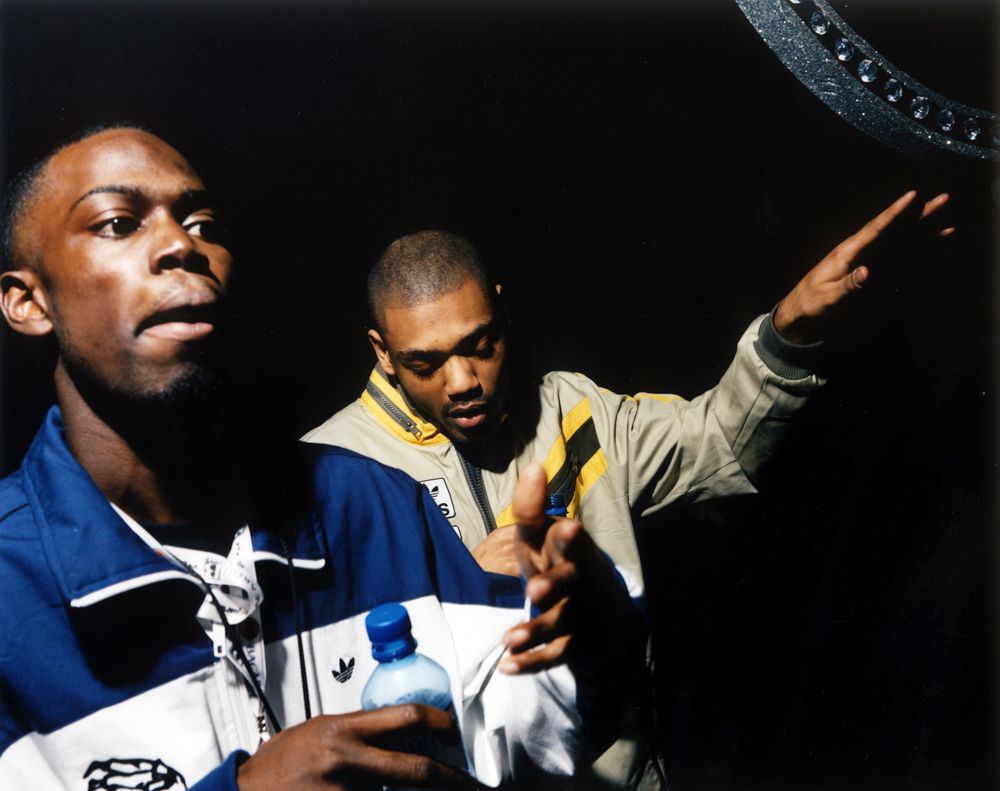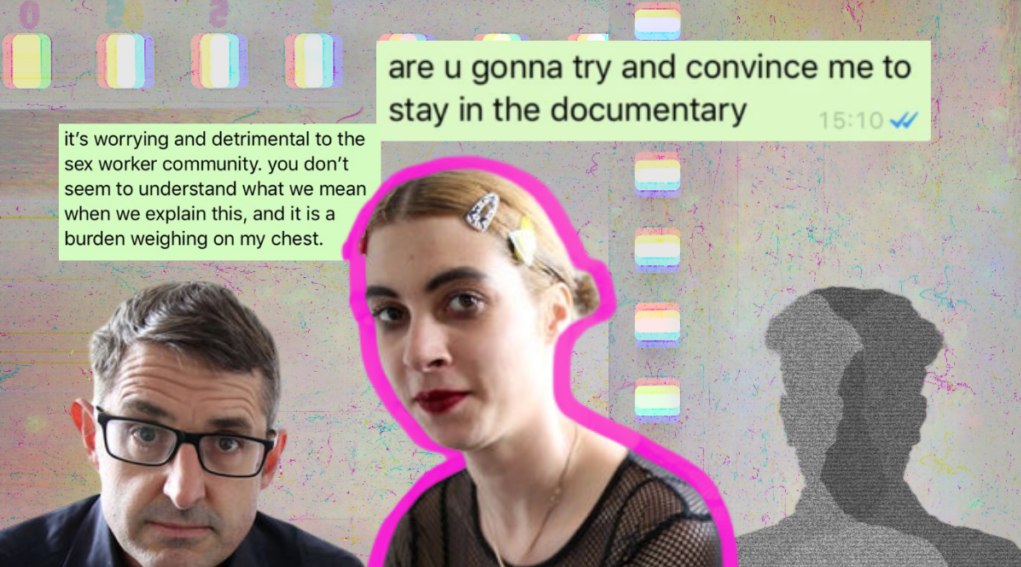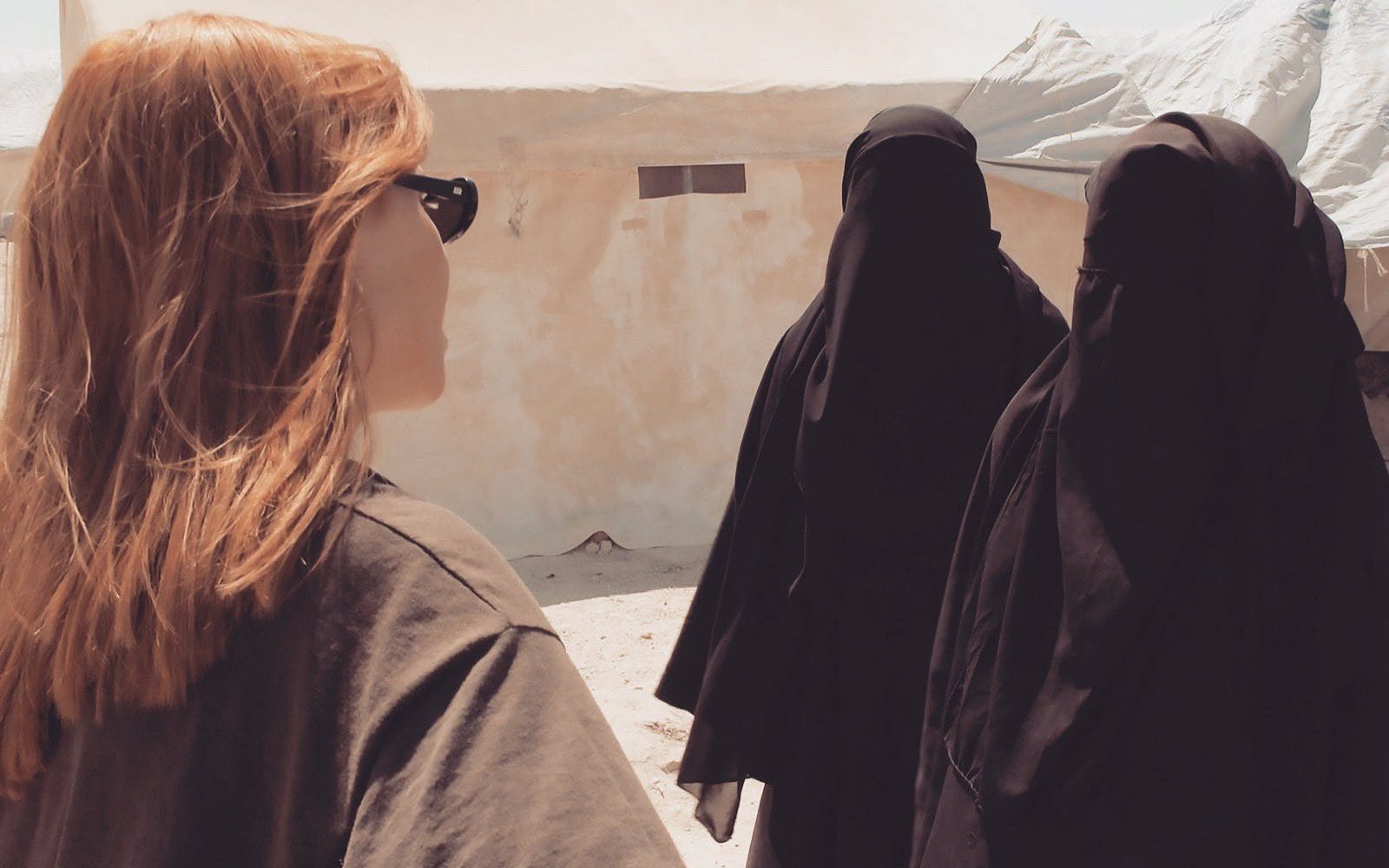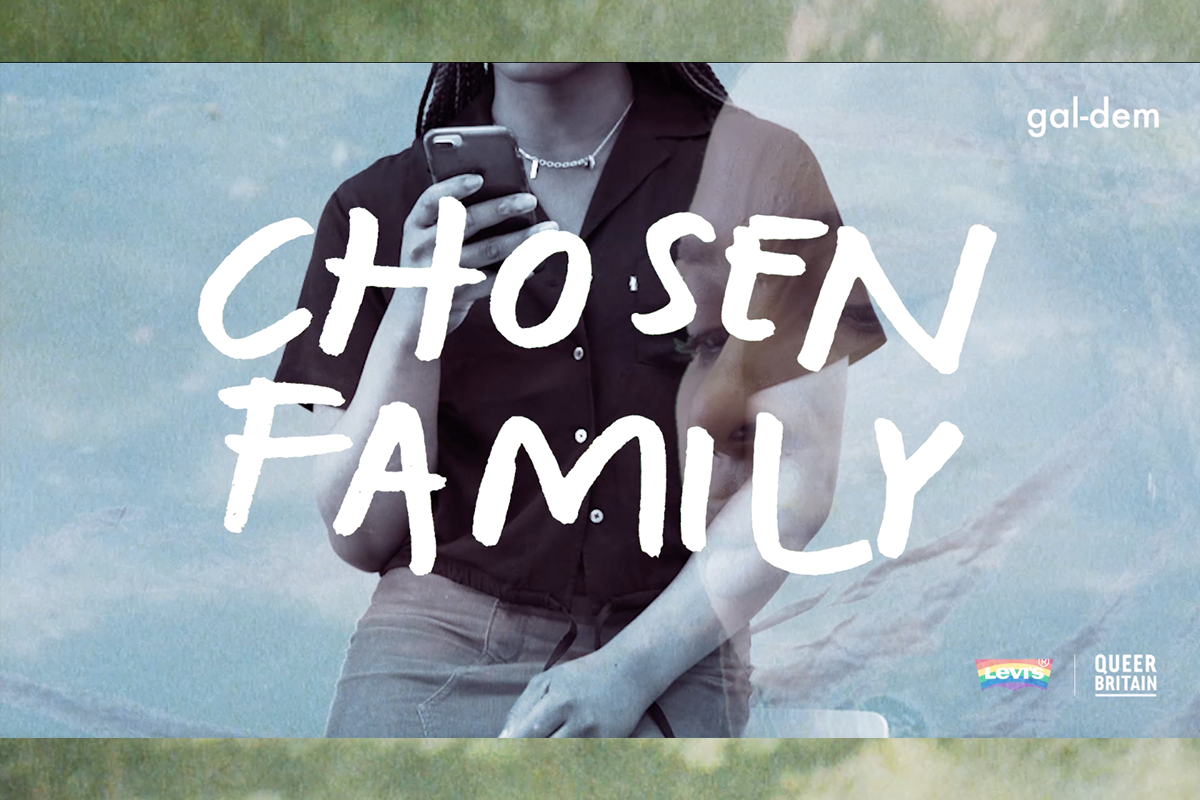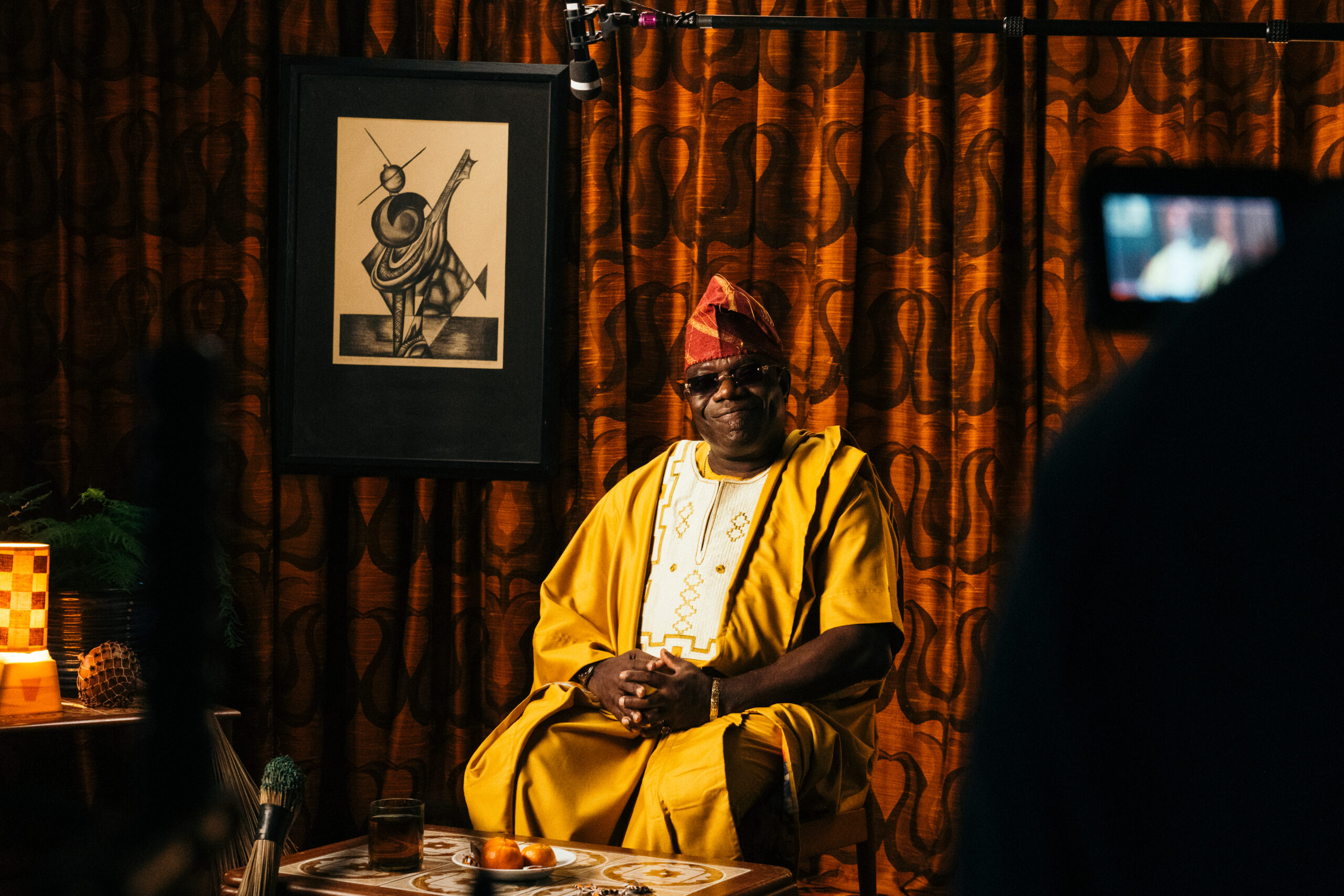
Courtesy of Netflix
These short Netflix docs prove that Britain is not boring
Watch a selection of brilliant stories that take you on a journey of joyful Nigerian hall parties, gay school friendships, and a northern bee keeper caught up in the hostile environment.
Kofo Ajala
28 Feb 2022
Is the UK dull? Well, there’s always more than what meets the eye, particularly when it comes to marginalised communities most of whom are never at a loss for compelling stories of resilience, joy and struggle. In January 2021, Netflix launched their Documentary Talent Fund, offering ten filmmakers the opportunity to receive £40,000 in a bid to create their own short film and the result is a stellar lineup of stories from people of colour on the rise in the world of film and entertainment.
The call-out for this fund was simple: find a story that fits the brief “Britain’s Not Boring And Here’s a Story”. And, of course, nine of the spaces ended up in the capable hands of filmmakers of colour across Northern Ireland, Scotland, Manchester, London, Bristol, Gloucestershire, and Liverpool.
Between May and January 2022, the filmmakers were hard at work bringing their visions to life, set against the sometimes challenging context of the pandemic. They were given a crash course and mentoring from the streaming giant on all behind the scenes elements of filmmaking from production to legal and financing.
I had the amazing opportunity to sit down and discuss five of the ten chosen documentaries with their directors and producers.
Peach Paradise – Directed by Shiva Raichandani and produced by Chi Thai. London
In a world that tries to suppress gender and racial expression on every level, Bitten Peach invites us on a journey of community, beauty and radical self-expression taking place in Britain’s nightlife scene. Following the story of non-binary Japanese-Irish drag artist and co-founder of the drag and burlesque collective Bitten Peach, Shay Shay, we take a look behind the scenes as the group prepares for one of their biggest shows to date.
Bitten Peach is more than just a performance collective, it’s a chosen family of Pan-Asian, gender-diverse performers creating a safe space for queer and racial expression. Director and fellow Bitten Peach member Shiva Raichandani describes the collective as “a paradise” and a “community of joy”. They explain: “People can come and be themselves, platform one another and champion one another.”
For Shiva and Chi, it was important to archive the authentic, unbridled joy that comes from the queer Asian experience. “Joy is such a beautiful form of dissent and protest,” Shiv continues.
As a descendant of Japanese Internment Camp detainees, Shay Shay’s story was emblematic of the sacrifices Asian’s across the diaspora continue to make to survive in predominantly white spaces. But Shay Shay believes that everyone can learn something about themselves through trying drag, even just once. For some, it can simply help us ask ourselves questions about our identities we may have never thought to ask. For others, like co-founder Lily Snatchdragon it can be a liberating force that frees you from the unattainable demands of gender norms. Demands that she knows all to well as a “queer, curvy, Asian woman.”
“I’ve been working all my life to be seen to be valued,” said producer Chi Thai. “Something magical happens when you see each other the way you want to be seen.”
ÓWÀMBÈ – Directed by Tobi Kyeremateng. London
When it comes to Nigerian hall parties, there are four key elements that you cannot neglect: clothes, food, music and dancing. Heed this warning well, lest you end up disgraced.
Nigerian-British Cultural Producer, powerhouse, and former gal-dem cover star Tobi Kyeremateng makes her directorial debut with her documentary, ÓWÀMBÈ. She brings together designers, musicians and Nigerians from all walks of life to explore “the sounds, tastes and traditions” of Nigerian hall parties in Britain. Full of archived clips from the parties of yesteryears, this documentary bursts at the seams with extravagance and colour.
Similar to her entry in the recent anthology Black Joy, Tobi uses this documentary as a chance to reflect on the parties of her past. Ones where as a young child she would be surrounded by other Nigerian kids who would play the role of friend, confidant and honorary cousin, if only for just one night.
The ÓWÀMBÈ is more than just a space to shake a leg and enjoy some good food. They played a key role in preserving Nigerian culture for those who moved to Britain to make lives for themselves in the 80s and 90s. “ I just loved seeing the elders free up themselves a bit,” Tobi continued. “It was really important to hold on to tradition, hold on to culture, and just try to find your community again, and not have to lose that because you’ve now moved to a different country.
And with this desire to celebrate Nigerian culture through this documentary, Tobi is also making a call to action to ensure this tradition is preserved for the next generation. She reflects on the fact that hall parties are becoming hard to come as the expenses and personal time required to make them happen can be viewed as too demanding. “Part of making this documentary was also to serve as a reminder for our generation to be like, wow, this is a culture that has grown so much over the years. Look at how beautiful this is and how specific this is to us.”
The Bee Whisperer – Directed by Dhivya Kate Chetty. Liverpool
What started off as a docu-film into the life of the local legend and Bee Whisper, Barry quickly became an exploration into community, migration and displacement. Director Dhivya met the elusive Barry when her hedge in Liverpool was swarmed with bees. “I was going to call the council, but our neighbours said, ‘no, you have to call the Bee Whisperer.’”
This led her down a path of getting to know the “septuagenarian Rastafarian,” and the legacy he’s made for himself in his Liverpudlian community. As a teacher, beekeeper and board member to the Merseyside Caribbean Centre, Barry has made a name for himself as a valued and loved member of his community. That’s why when hearing of his six-month detainment and displacement at the hands of the government during an afternoon drive shocked and appalled Dhivya and many others.
Like many other elders of Britain’s Caribbean society, Barry was a victim of the Windrush Scandal at the hands of the government. “We have this amazing, gentle, knowledgeable man who gives so much to his local community and to anyone who asks,” continues Dhivya. “I’m hoping that the audience will take from this the inhumanity of the hostile environment and the nonsense of detaining people for reasons of migration. I hope that they will take home a sense of the humanity of this film.”
Twinkleberry – Directed by Daisy Ifama. Gloucestershire, Tewskbury
This lighthearted documentary follows a group of young queer 20-somethings as they reminisce on their lives in the small Gloucestershire town of Tewksbury – “affectionately known as Twinkleberry”.
The process of trying to understand your gender and sexual identity is rarely easy, and like most small towns in the late 2000s and early 2010s, Tewksbury wasn’t exactly a uniquely progressive place. Yet somehow between 2005 and 2012 this small West Country town had a year group with over 30 queer students. In this quaint picturesque town during a period where same-sex marriage wasn’t even legal yet, Daisy Ifama, gal-dem’s former video editor, and her peers created a safe space for students to explore and express their identities on their own terms.
The documentary makes no attempts to sugarcoat the trials and tribulations that came with growing up in such a small town where “local government can be out of touch with the people that live in the area.” But in spite of these hurdles, they highlight the monumental impact fostering community can have on a person’s self-confidence and the progress that can be found in the wider community. “We threw Tewksbury’s first pride parade in the town […] It’s good to show this because we can’t keep writing off every town in the UK that isn’t a city as if there aren’t loving people who understand and care for marginalised groups.”
“I want people to watch this to know there’s a group of people who are meant for you[…] I’ve been lucky, it’s always been in front of me, but for other people, sometimes you have to seek it out. But it’s well worth seeking.”
Women of the Market – Directed by Tavie Tiffany Agama. London.
“Home to various cultures; a trip to a London market, is a trip around the world.” Tavie Agama invites us to meet the women behind the sounds, sights and smells of London’s vibrant bustling markets. From cassava to ankara or braids, some of London’s busiest market places are home to all the favours of the diaspora.
From the moment that Tavie found out about the Netflix Fund, she knew that this was the perfect opportunity to celebrate these sacred spaces that have kept her so connected to her culture. “I grew up visiting markets with my mum,” she explained. “I think the market is the first place I bought cloth to make traditional clothing. The marketplace has always felt like my connection to Nigeria and to my home.” The theme of home as defined in London’s marketplaces runs throughout the documentary. It’s not only defined as the communities taking root in Britain, but also the produce that reminds us of our homelands. “They’re basically selling memories” Tavie continues. “They’re selling comfort, they’re selling home.”
But most importantly, Tavie saw this as an opportunity to champion the hard-working women that proudly run shops across London’s marketplaces. Ridley Road Market East London, East Street Market South London, Edmonton Green Market North London, are all featured. “They’re very humble. So they’re not necessarily the kind of people to jump in front, or jump at the opportunity to be in front of the camera,” she explained. “For a few of them, I’m not sure it even occurred to them why we would want to celebrate them […] I can’t wait for them to see themselves on and be celebrated and adored.”
All films are now available to stream on Netflix’s YouTube channel.
Like what you’re reading? Our groundbreaking journalism relies on the crucial support of a community of gal-dem members. We would not be able to continue to hold truth to power in this industry without them, and you can support us from £5 per month – less than a weekly coffee.
Our members get exclusive access to events, discounts from independent brands, newsletters from our editors, quarterly gifts, print magazines, and so much more!
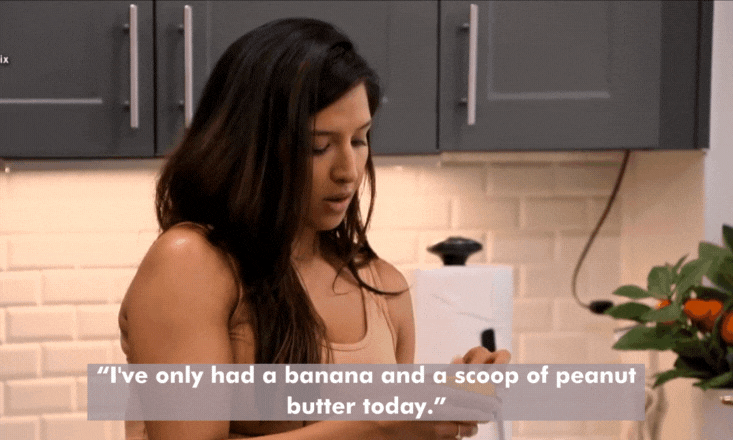
Twin Flames: Maybe Love is Blind’s Cole and Zanab were gaslighting each other

Bridgerton is yet another recent example of joyous Tamil girl representation

The Joe Rogan and Jimmy Carr furores expose an ugly truth: people like this shit


